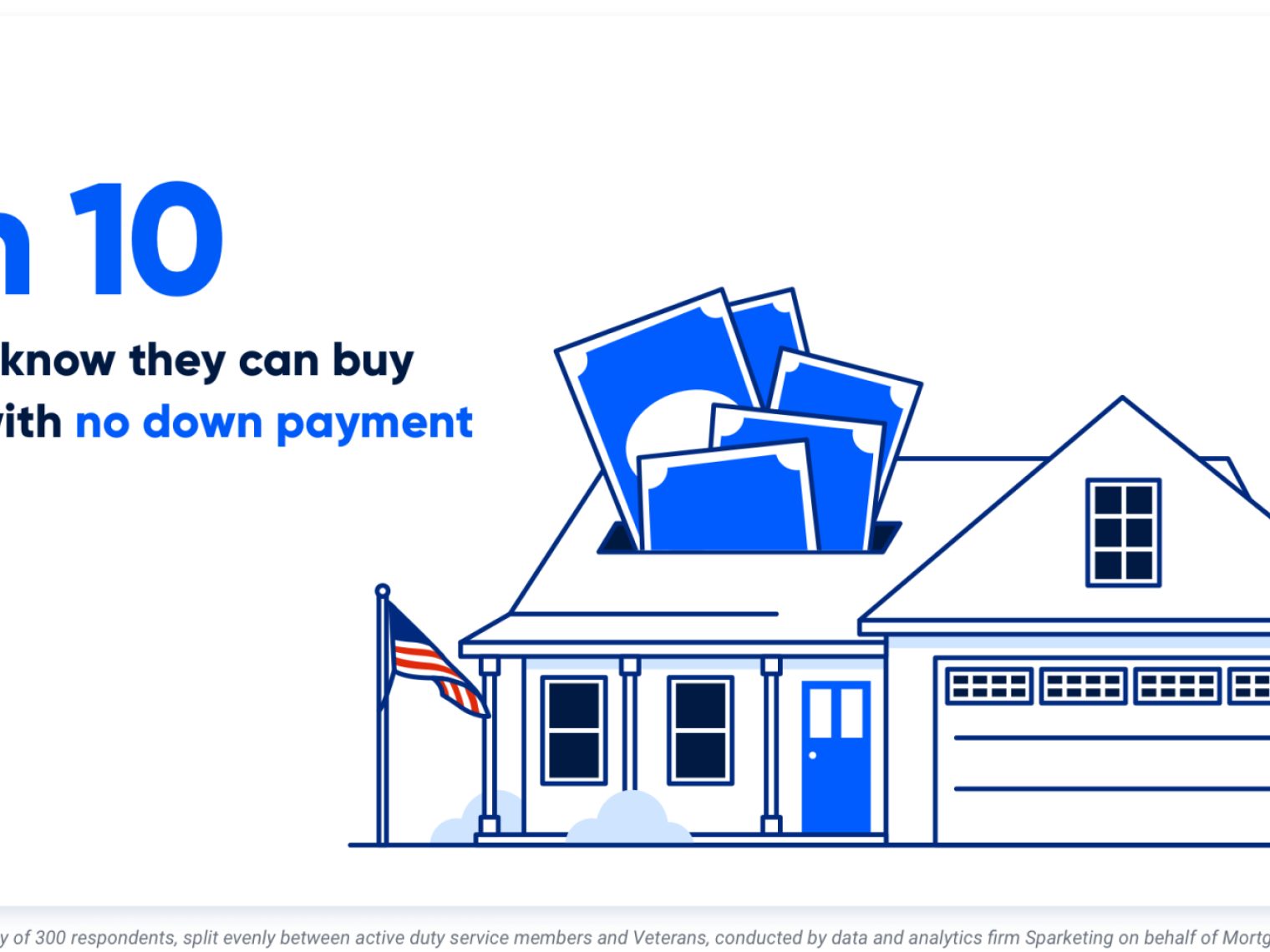Contracts to purchase homes often come with appraisal contingencies. The VA Escape Clause protects would-be buyers if the VA appraisal determines the home is worth less than what they agreed to pay.
What is the VA Escape Clause?
The VA Escape Clause, also known as the "VA Amendment to Contract" or the "VA Amendatory Clause," is an appraisal contingency that protects homebuyers’ earnest money if the VA appraisal determines the home is worth less than what they agreed to pay.
The buyer and seller must sign the document, and unlike other loan types, VA buyers cannot waive this appraisal contingency. Generally, the VA expects the Escape Clause to be signed by the buyer and seller and included with all contract documents at the time of the appraisal.
Why is the VA Escape Clause Important?
This contingency protects a VA buyer's earnest money (a good-faith deposit buyers typically include when making a purchase offer) if they walk away from a deal because the appraised value comes in below the agreed-upon purchase price. The escape clause can also serve as a bargaining tool for borrowers that helps them negotiate the selling price.
Here's a description of the provision from the VA handbook:
"It is expressly agreed that notwithstanding any other provisions of this contract, the purchaser shall not incur any penalty by forfeiture of earnest money or otherwise or be obligated to complete the purchase of the property herein if the contract purchase or the cost exceeds the reasonable value of the property established by the Veterans Administration. The purchaser shall, however, have the privilege and option of proceeding with the consummation of this contract without regard to the amount of the reasonable value established by the Veterans Administration."
In short, this contingency allows prospective buyers to walk away from the contract with their earnest money if the appraisal comes up short. But it also allows buyers to move forward with the sale if they choose.
Low VA Appraisal Outcomes
The VA loan appraisal is critical in obtaining a VA home loan. It is conducted by an independent, VA-appointed appraiser to determine the fair market value of a property and assess its condition. So what if an appraiser decides the property's worth is below the selling price?
Let's consider an example.
We'll say you get under contract to buy a home for $225,000. Soon after, an independent VA appraiser evaluates the property, comparing it to comparable homes recently sold in the area. The process concludes with a formal Notice of Value indicating the property's fair market value is $200,000.
At that point, would-be buyers have a decision to make. VA Mortgage lenders will only approve loans up to the home's appraised value or the purchase price, whichever is less.
Prospective borrowers with low VA appraisals have several options:
- Appeal the valuation of the home using the VA's Reconsideration of Value process
- Ask the seller to lower their asking price and renegotiate in light of the lower value
- Make up the $25,000 difference in cash
- Walk away from the contract entirely and resume the home search without forfeiting any earnest money
Every buyer's situation is different. Talk with your loan officer if your appraised value ultimately comes in lower than the purchase price.
The VA Escape Clause and Distressed Properties
Veterans United requires every home seller to sign the VA Escape Clause, even if the seller is a bank or a government agency, such as HUD, Fannie Mae, or Freddie Mac. These agencies aren't always willing to sign the VA Amendment to Contract when selling their foreclosures and other distressed properties.
Talk with your loan officer if you're considering purchasing a distressed property owned by a bank or a government agency.
Related Posts
-
 VA Loan Down Payment RequirementsVA loans have no down payment requirements as long as the Veteran has full entitlement, but only 3-in-10 Veterans know they can buy a home loan with zero down payment. Here’s what Veterans need to know about VA loan down payment requirements.
VA Loan Down Payment RequirementsVA loans have no down payment requirements as long as the Veteran has full entitlement, but only 3-in-10 Veterans know they can buy a home loan with zero down payment. Here’s what Veterans need to know about VA loan down payment requirements. -
 5 Most Common VA Loan Myths BustedVA loan myths confuse and deter many VA loan borrowers. Here we debunk 5 of the most common VA loan myths so that you can borrow with confidence.
5 Most Common VA Loan Myths BustedVA loan myths confuse and deter many VA loan borrowers. Here we debunk 5 of the most common VA loan myths so that you can borrow with confidence.

